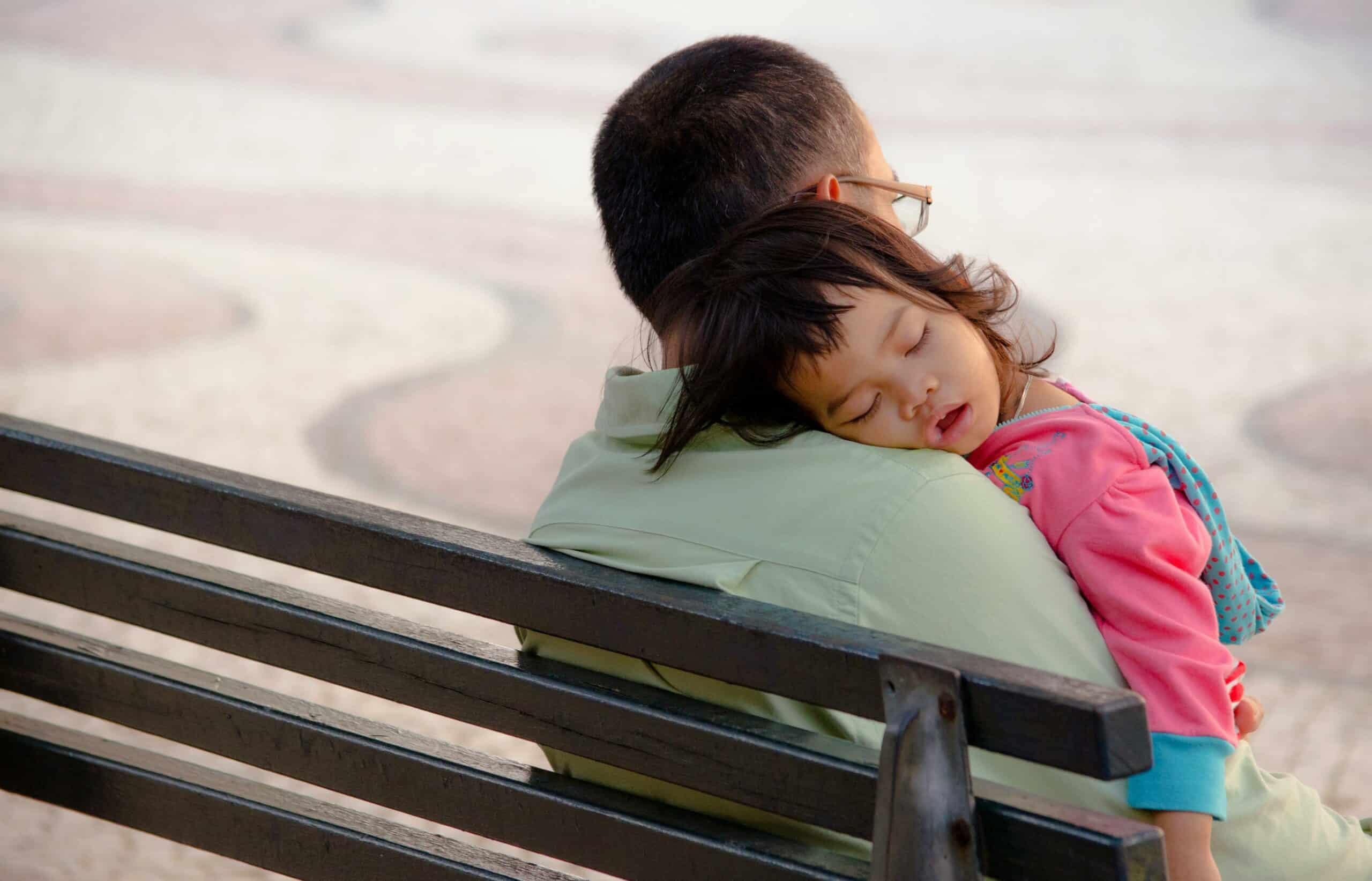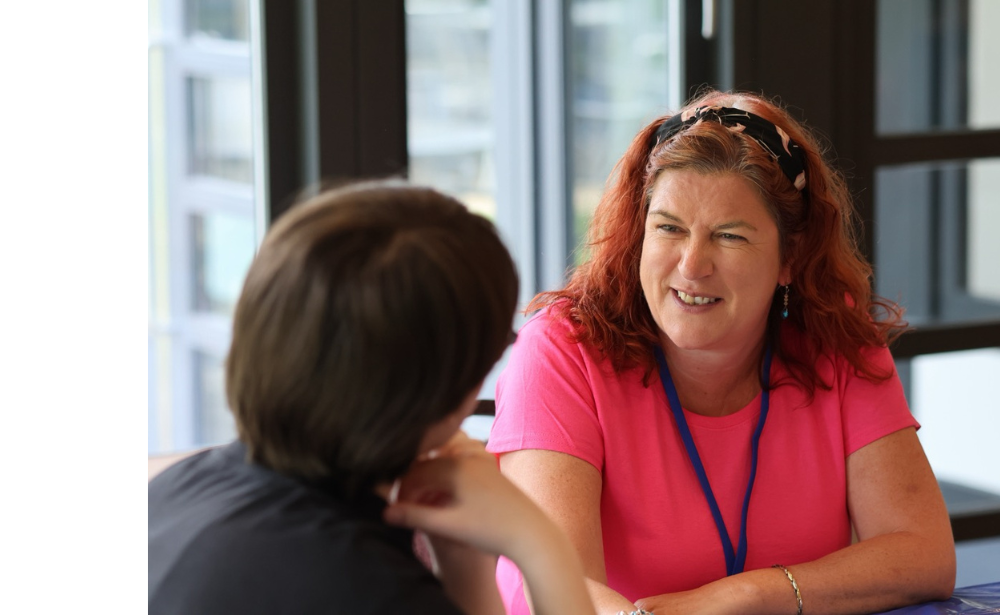Most children and young people with additional needs are at increased risk of sleep difficulties. As a result, their parent/carers and siblings don’t get enough sleep either, which causes a significant issue for families and the practitioners that support them. Current research shows that sleep is a key element of both children’s and adult’s well-being, and is just as important as having a healthy diet and getting regular exercise.
 "We are in the midst of a sleep-deprivation crisis… We need to rethink sleep as a core family value"
"We are in the midst of a sleep-deprivation crisis… We need to rethink sleep as a core family value"
 "If sleep does not serve an absolutely vital function, then it is the biggest mistake the evolutionary process has ever made"
"If sleep does not serve an absolutely vital function, then it is the biggest mistake the evolutionary process has ever made"
The study of sleep is a relatively new area of science, becoming established in the 1930s. In recent years, sleep science has really taken off, particularly here in the UK, and in the USA. Fascinating new findings about sleep are published on a regular basis by scientists and practitioners, and there are now many research studies that show the vital importance of sleep to our health and well-being.
 "Sleep is of the brain, by the brain and for the brain"
"Sleep is of the brain, by the brain and for the brain"
For those of us parenting or supporting children/young people with neurodevelopmental differences (e.g. Autism, ADHD, Down Syndrome and Epilepsy), research demonstrates how sleep is closely linked to brain health.
Our biological clock is controlled by our brain, primarily the hypothalamus. It does this by processing light from the retina, at the back of our eyes.
![[This diagram shows a cross-sectional view of the brain with labels for various structures involved in the pathway by which light influences the body's circadian rhythms. Light enters the eye and hits the retina, sending signals via the optic nerve to the suprachiasmatic nucleus (SCN) located in the hypothalamus. Other labeled structures include the thalamus, lateral geniculate nucleus, pineal gland, and regions where signals are sent to the body.]](https://parentingspecialchildren.co.uk/wp-content/uploads/2024/07/Sleep-Brain.jpg)
Sleep scientists are increasingly able to demonstrate that sleep is vital for a range of functions associated with our brain, including our memory, our ability to learn, and our mood.
Sleep also is closely linked to many other aspects of our physical health and emotional well-being. This diagram summarises what can happen to our health, if we are not getting enough sleep.
![[This diagram outlines the various physical and mental effects of sleep deprivation on the human body. Key effects include irritability, cognitive impairment, memory lapses or loss, impaired moral judgement, severe yawning, hallucinations, symptoms similar to ADHD, and an impaired immune system. Additional risks are diabetes type 2, increased heart rate variability, risk of heart disease, increased reaction time, decreased accuracy, tremors, aches, growth suppression, risk of obesity, and decreased body temperature.]](https://parentingspecialchildren.co.uk/wp-content/uploads/2024/07/Effects-Of-Sleep-Deprivation.jpg)
Getting more sleep
Parenting Special Children’s Sleep Practitioners keep up to date with recent research and NHS guidance on the interventions most likely to be effective in improving the amount and quality of a child/young person’s sleep. A key message is that many sleep difficulties experienced by children/young people with additional needs can be addressed by parenting strategies.
These strategies are explained in our Sleep Courses and Sleep Clinics. They include changes to a family’s after-school routine, and how parents respond to a child’s behaviour at bedtime. The most appropriate sleep strategies for a child/young person are included in the Sleep Plan that is prepared for each family at the end of a Sleep course or during a Sleep Clinic.
Visit our Sleep page to find out more about the support Parenting Special Children offer.
Sign up for news and updates
Subscribe to our newsletter for regular updates.


